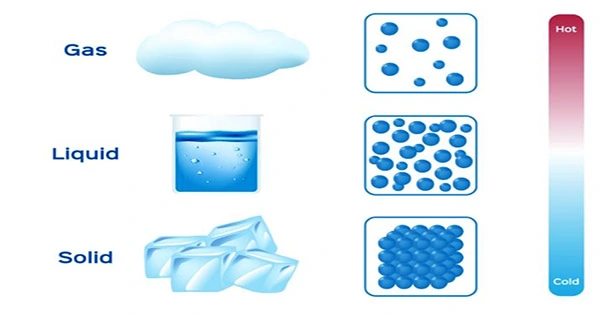Project Report: As the name implies, a project report is a straightforward document that summarizes the overall status of a project. It combines economic, financial, and technical analyses to determine whether the project is worthwhile.
- Its primary goal is to enlighten readers about any project and the advantages it might provide.
- Factors affecting project report include unfinished planning, weak project closure, unavailability of expertise, weak communication, etc.
- Its benefits include allows one to create roadmap for business in the long term, give opportunity to develop new goals, helping in eliminating issues, etc.
- Its key goals are to keep stakeholders updated on the project, track activity, and detect risks and difficulties.
- It includes a project description, an abstract, information about the project’s history as well as its subject matter and goals, and finally a final project summary.
- The type of project report includes variance report, project status report, executive report, resource report, etc.
- Understanding the project report, choosing the objective, the report format and type, gathering facts and data, structuring the report, etc. are all stages in the process.
Project Appraisal: As the name implies, project appraisal is merely a crucial procedure or activity to evaluate the viability or feasibility of a given project. In plain English, it is used to assess the likelihood of success and viability of a given project.
- It mainly focuses on checking viability of project proposal.
- Factors affecting project proposal includes lack of project team goal commitment, inadequacy of working capital, etc.
- Its advantages include being simple to use, encouraging teamwork and morale, enhancing productivity and profitability, and motivating users.
- Its primary purpose is to highlight and retrieve data that is crucial for assessing a project’s success or failure.
- It includes things like technical feasibility, market analysis, economic analysis, and financial analysis.
- Types of project appraisal include a technical appraisal, environmental appraisal, economic appraisal, legal appraisal, etc.
- Initial assessment, problem definition, long list, consulting, short list, option development, and finally comparison and project selection are some of the stages in project formulation.
















